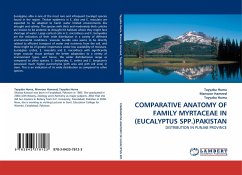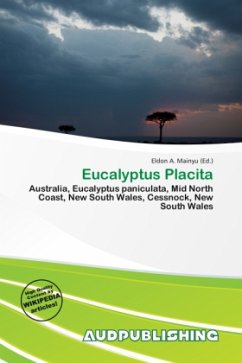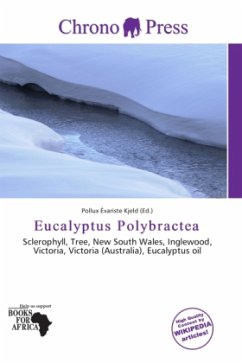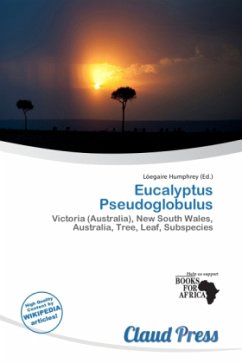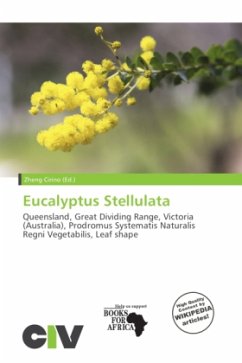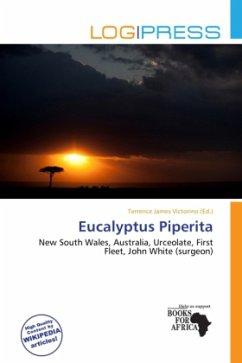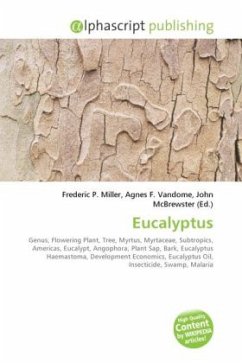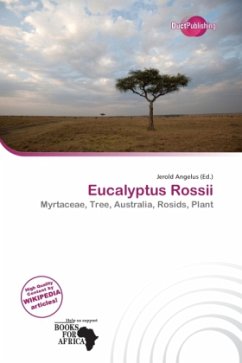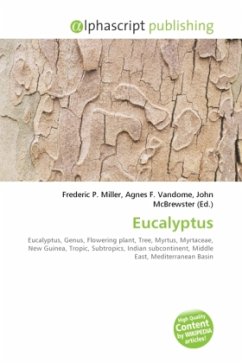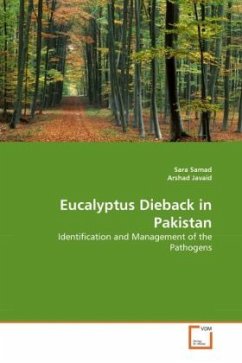
Eucalyptus Dieback in Pakistan
Identification and Management of the Pathogens
Versandkostenfrei!
Versandfertig in 6-10 Tagen
32,99 €
inkl. MwSt.

PAYBACK Punkte
16 °P sammeln!
Eucalyptus is one of the most important and widely planted tree genera having about 900 species and sub- species. It is a group of ever green aromatic plants native to Australia and Tasmania with a few species occurring naturally in New Guinea, the Philippines, and Timor. These valuable tree species are used for timber, paper pulp, fuel, water and wind erosion control, and as sources of essential oils. Eucalyptus species are suffering from dieback these days. Both fungi and bacteria are responsible for dieback of these trees. Fungi cause serious damage on Eucalyptus, especially in commercial p...
Eucalyptus is one of the most important and widely planted tree genera having about 900 species and sub- species. It is a group of ever green aromatic plants native to Australia and Tasmania with a few species occurring naturally in New Guinea, the Philippines, and Timor. These valuable tree species are used for timber, paper pulp, fuel, water and wind erosion control, and as sources of essential oils. Eucalyptus species are suffering from dieback these days. Both fungi and bacteria are responsible for dieback of these trees. Fungi cause serious damage on Eucalyptus, especially in commercial plantations of susceptible species or clones. The present study was designed to diagnose what pathogens are primarily responsible for dieback of Eucalyptus in different areas of Punjab, Pakistan, to determine the level of genetic diversity among the pathogens using RAPD analysis, and management of the pathogens by natural antifungal compounds of Azadirachta indica, Syzygium cumini and Melia azedarach. This book is especially useful for forest managers, plant pathologists and owners of Eucalyptus plantations.



